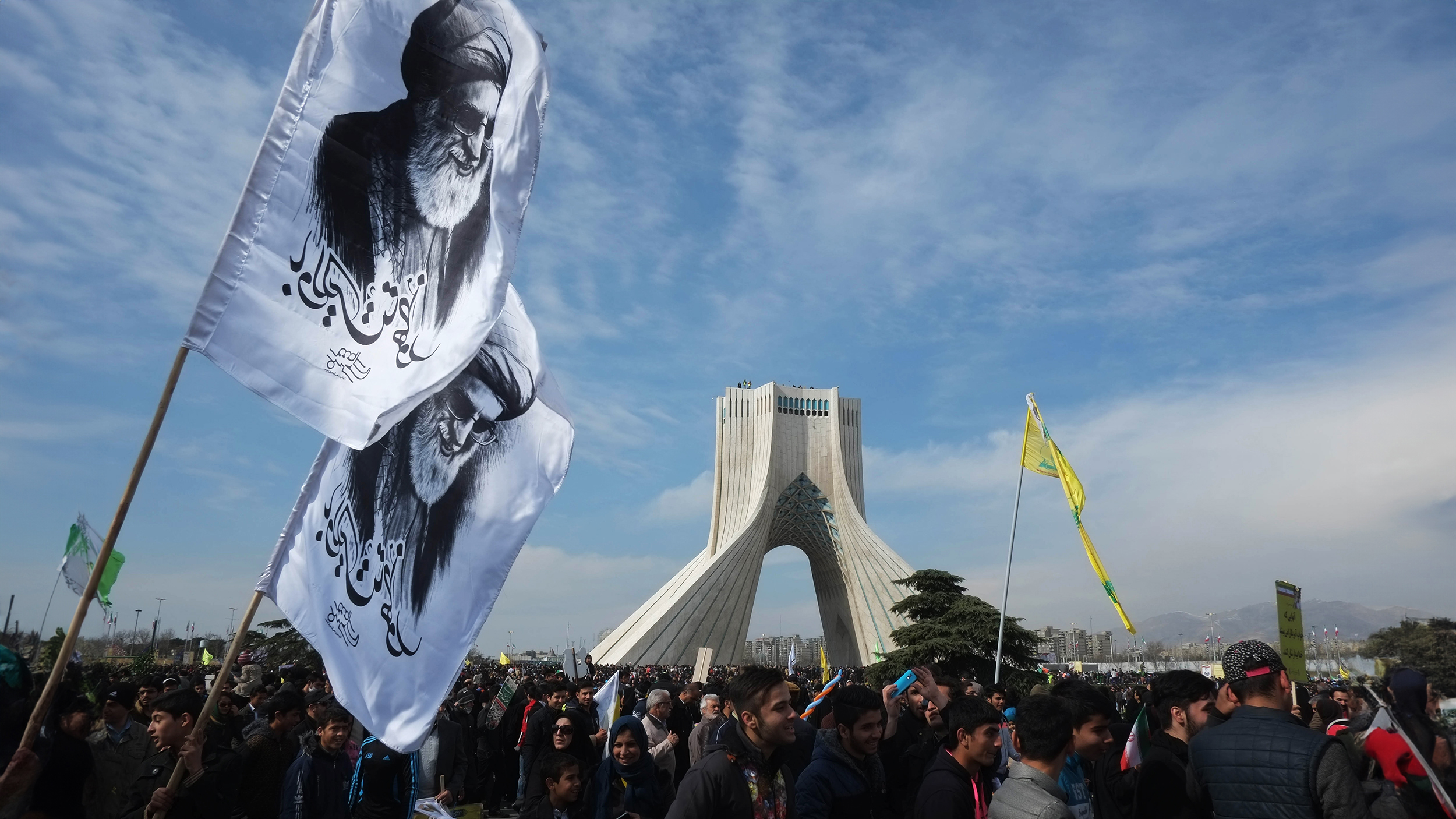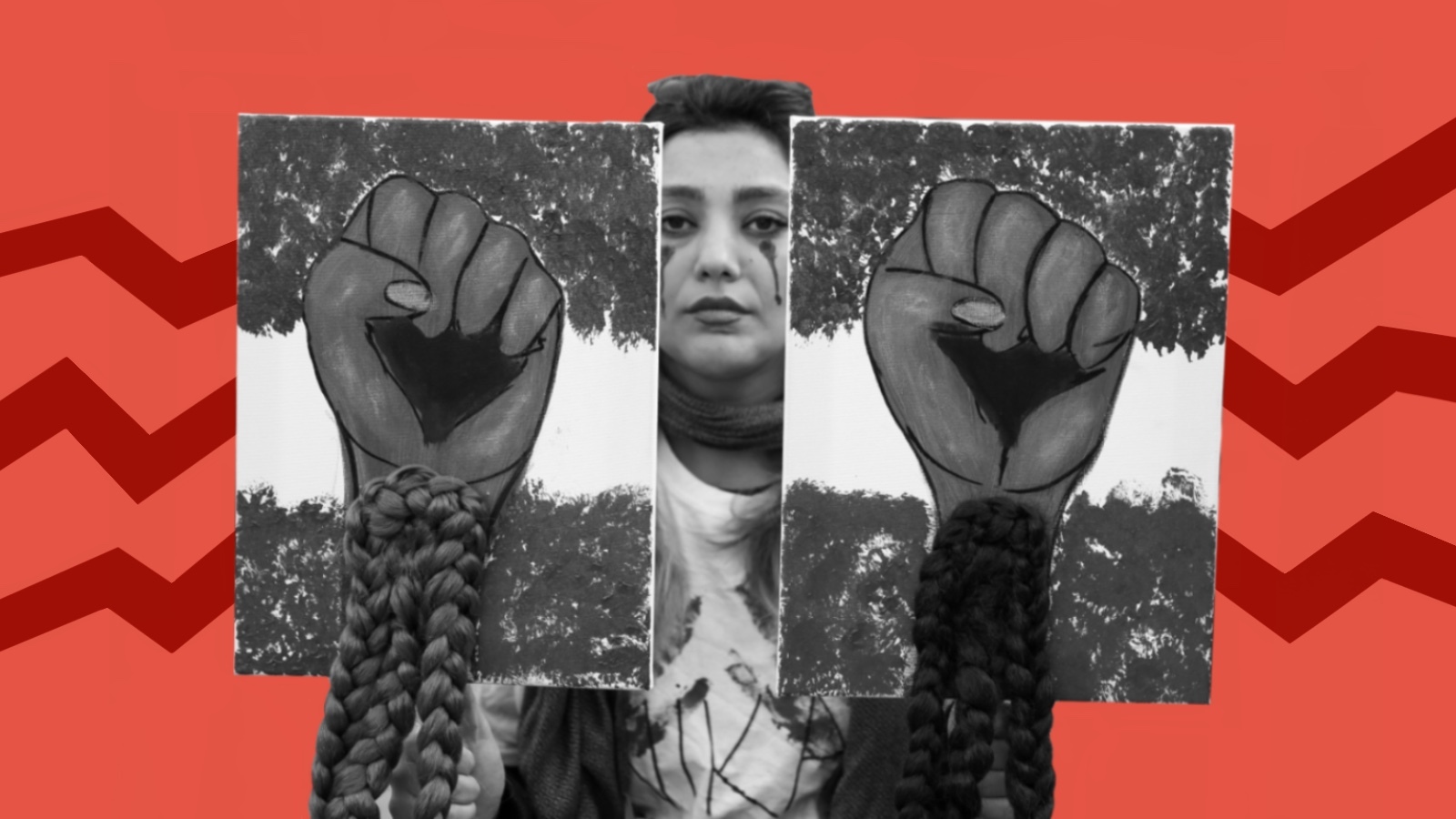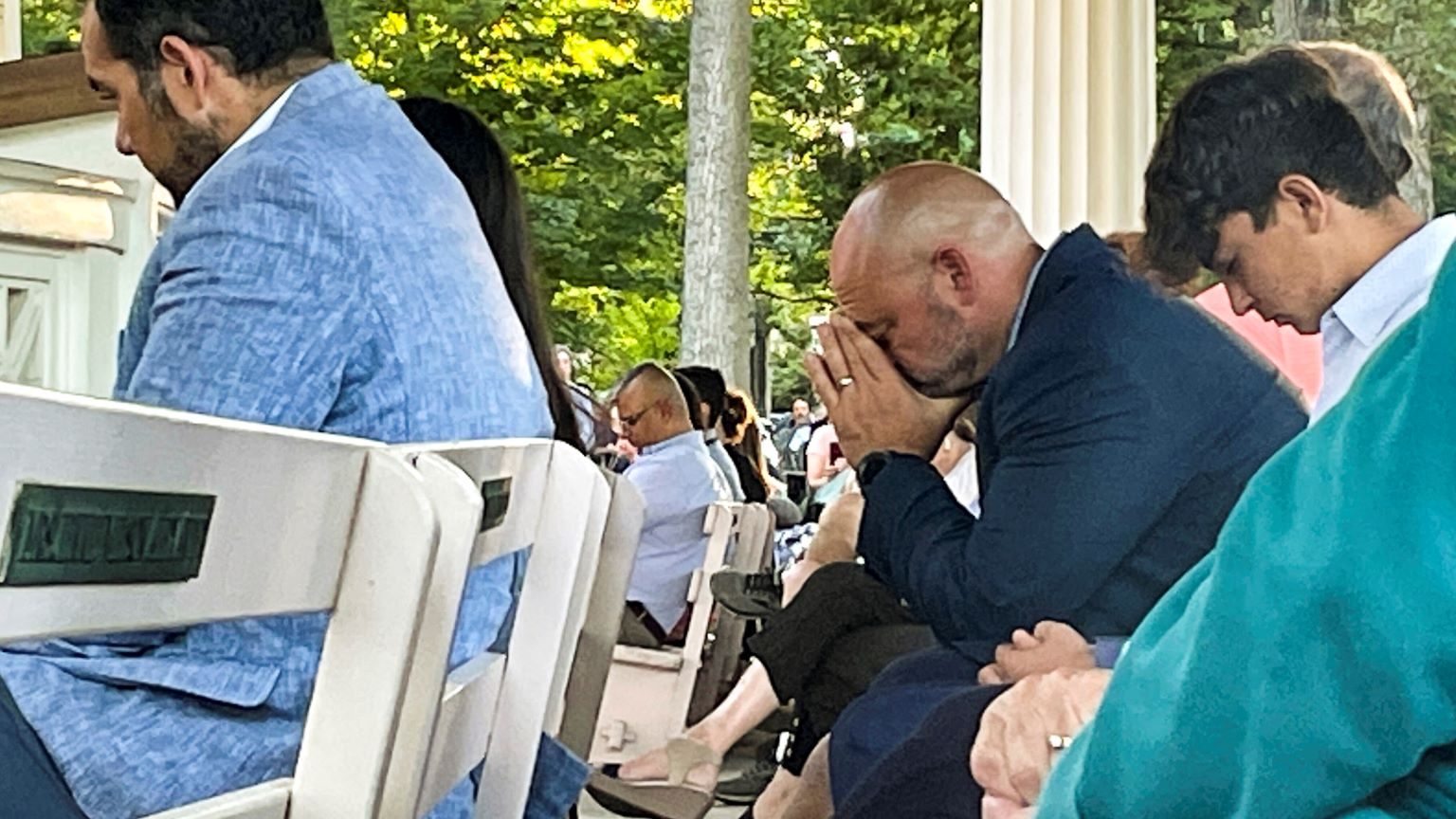‘Atlas’ Shrugged
The Iranian Revolutionary Guards is getting in on the “smart power” bandwagon. It just announced the launch of a new news agency called Atlas to deliver the day’s news. The head of the basij euphemistically described the venture as “super media power.” Um, that is an understatement. Surely, like U.S. forays on public diplomacy such as Al-Hurrah, it will be fair and balanced. I can only imagine its op-ed page will be brimming with unconventional opinions from abroad, that photos of protests will show police bludgeoning demonstrators. If you haven’t already, download “Atlas” to your Twitter/Facebook feed.
This is significant. The Revolution Guards acts as almost a state within a state. It is answerable to the Supreme Leader but carries out its own foreign/economic policy that is separate from the state. Like Hezbollah in Lebanon and non-state actors elsewhere, it is now embracing sophisticated new media outlets to get its message out to the masses.
Probably here’s what’s going on. After the outcry that followed the June crackdown, someone within the Rev Guards thought: Hmm, we need an image makeover of sorts. A similar eureka moment hit Hezbollah strategists a few years back. The organization ran a slick marketing campaign called “divine victory,” the premise of which was that Hezbollah was destined to defeat Israel. It ramped up programming on its widely watched satellite TV and radio program (Radio Nur). It ran highway posters showing pictures of debris and bombed-out buildings with the inscription: “Made in the USA.” It discarded the unsophisticated, gruesome, and overly militaristic imagery of the past, including its ubiquitous symbol of a green arm clenching an automatic rifle against a yellow background, and instead played up its love of Lebanon by borrowing the national red, white, and green colors. Instead of pictures of martyrs, they ran photos of soldiers and civilians walking arm-and-arm under the slogan: “Sun, light, wind, and freedom.”
More important, the organization increasingly sought to re-brand itself as a progressive movement that stands for social justice and confronts imperialism in order to strike a chord with left-wing groups across the Third World. On the eighth anniversary of Israel’s withdrawal from southern Lebanon, Hezbollah launched a Madison Avenue-style advertising blitz, replete with catchy slogans, slick television spots, and Western-influenced billboards. “The dominant style is American,” Zeina Maasri, a professor of graphic design at the American University of Beirut, told Bloomberg News. “It’s a kind of communication you can’t escape. They sell politics as a commodity.”
Hezbollah, like many non-state actors, has learned the importance of winning the information war. It controls the perceptions of not just disenfranchised Lebanese Shiite but also Arab Muslims across the Middle East. It runs a number of websites that are part educational, part ideological, and part propagandistic. “[T]he organization, with massive financing from Iran, built a media empire and learned how to exploit the possibilities presented by the communications and information revolution,” according to a May 2007 report by Israel’s Intelligence and Terrorism Information Center. It cultivates and develops close ties with foreign correspondents in Lebanon. Neil MacFarquhar, former Beirut bureau chief of the New York Times, recounts in his new book how Hezbollah used to send him a personal greeting card every year on his birthday. When I was in Beirut recently, I was baffled that the media spokesperson for Hezbollah appeared to speak better English (and returned reporters’ phone calls faster) than the Lebanese press person.
Iran’s Revolutionary Guards is getting slicker and more media-savvy. The Muslim world—and U.S.-Iranian relations—will be the worse off for it.




